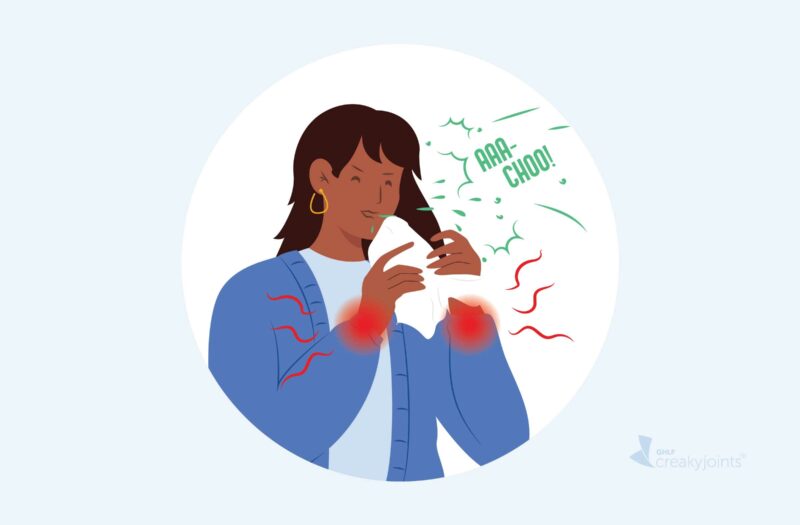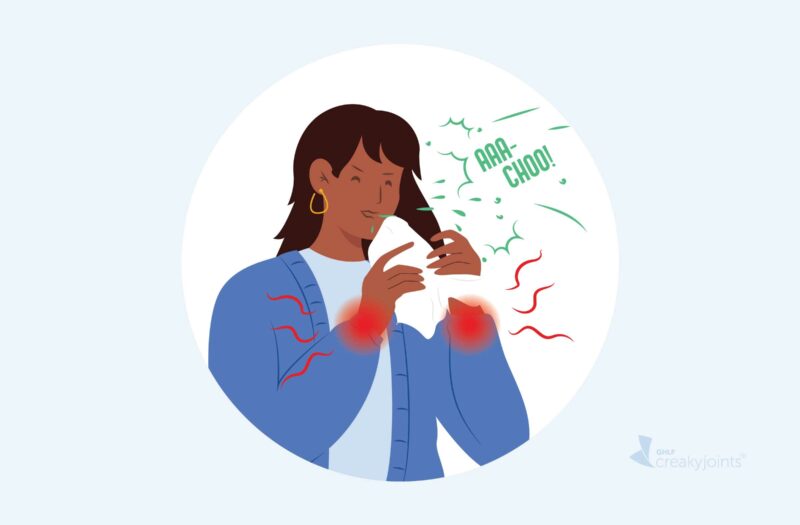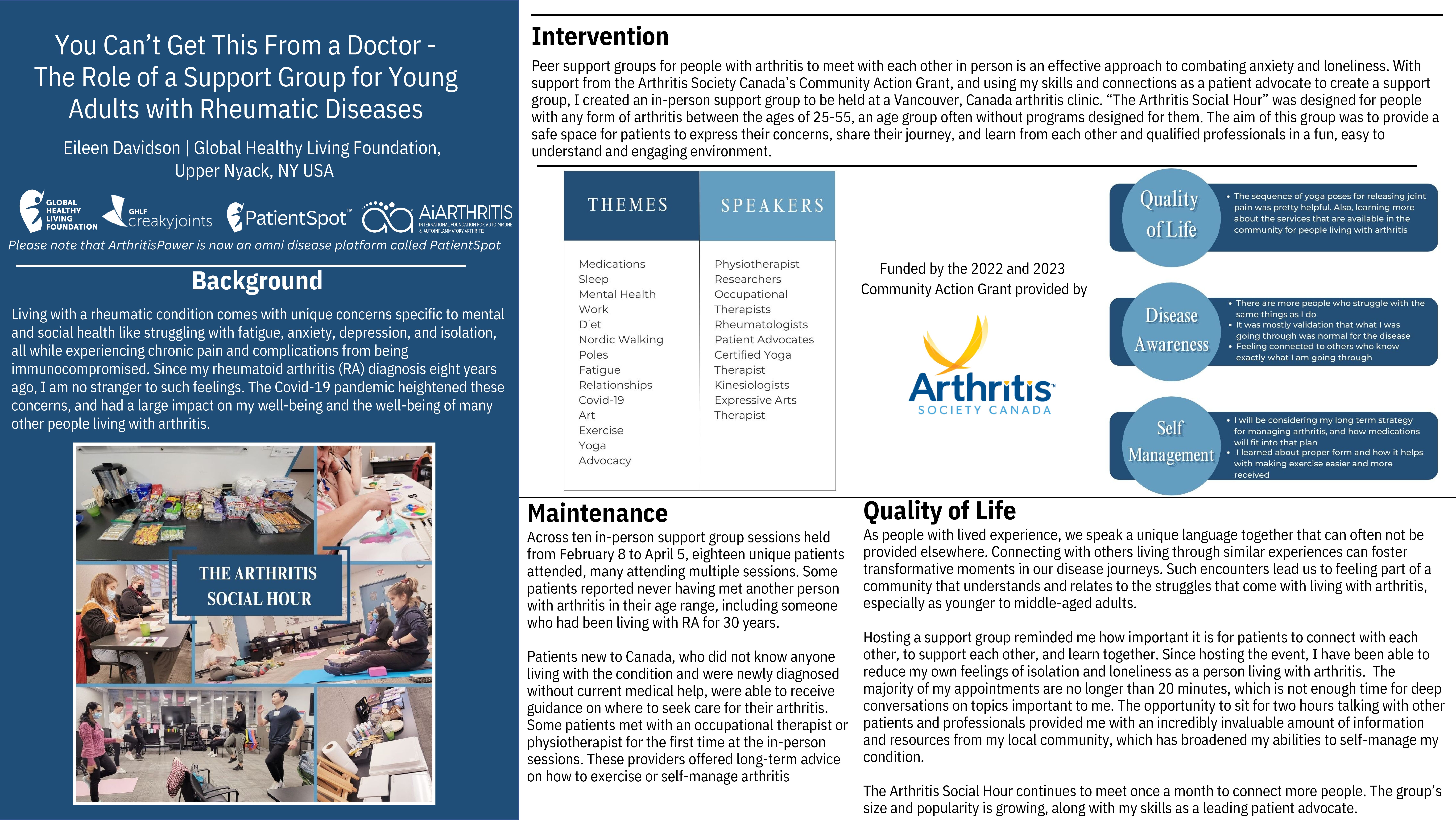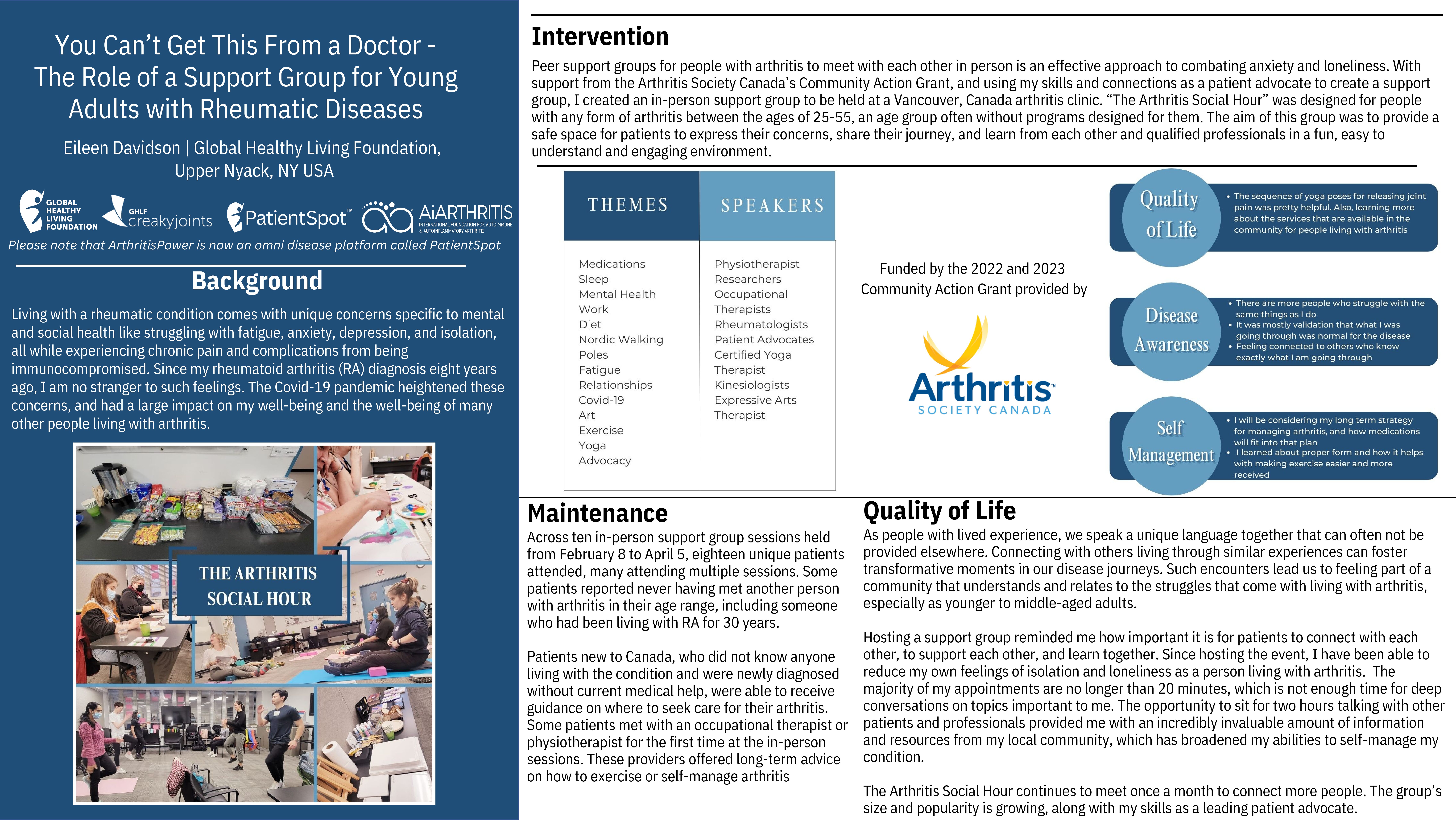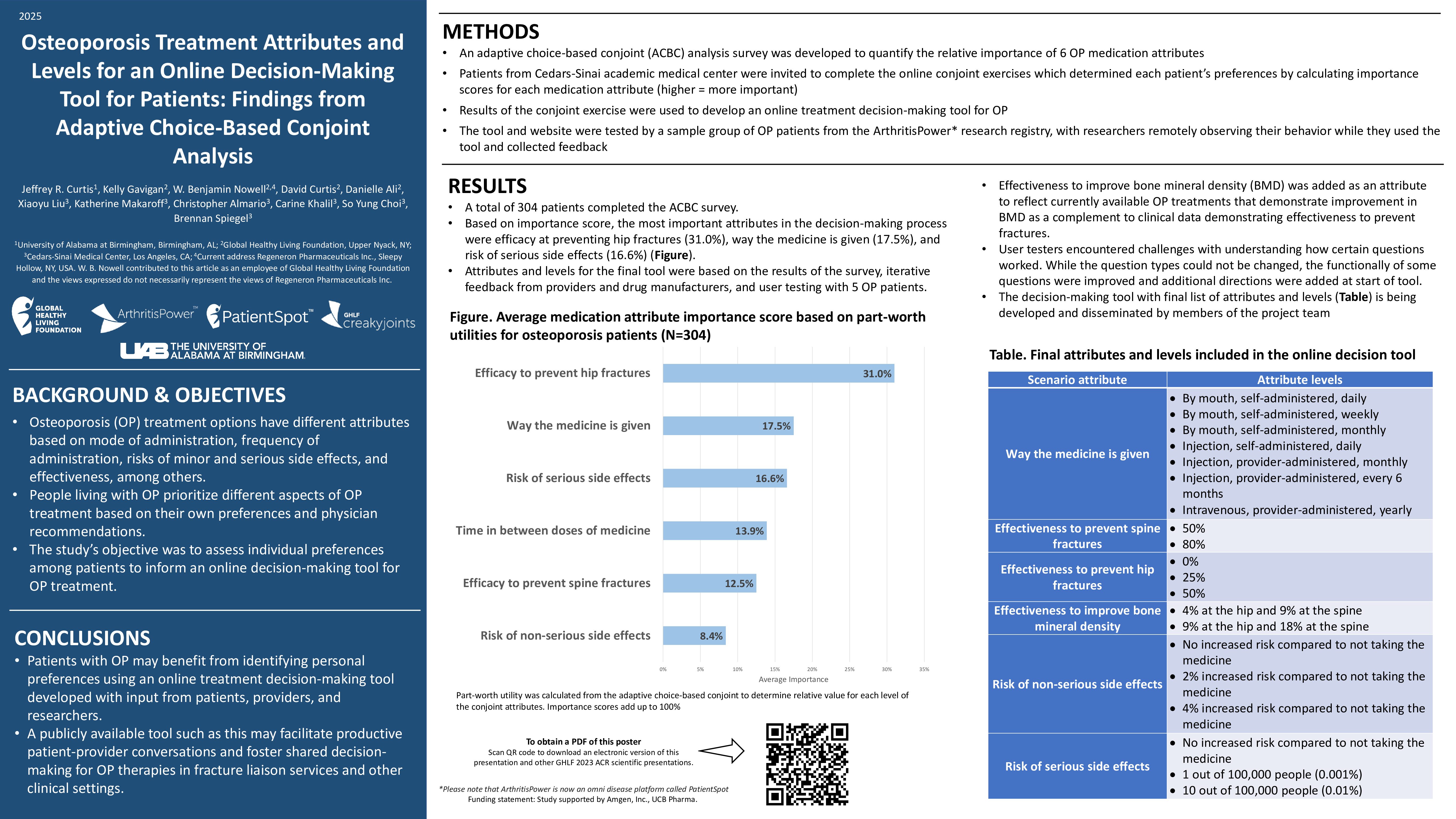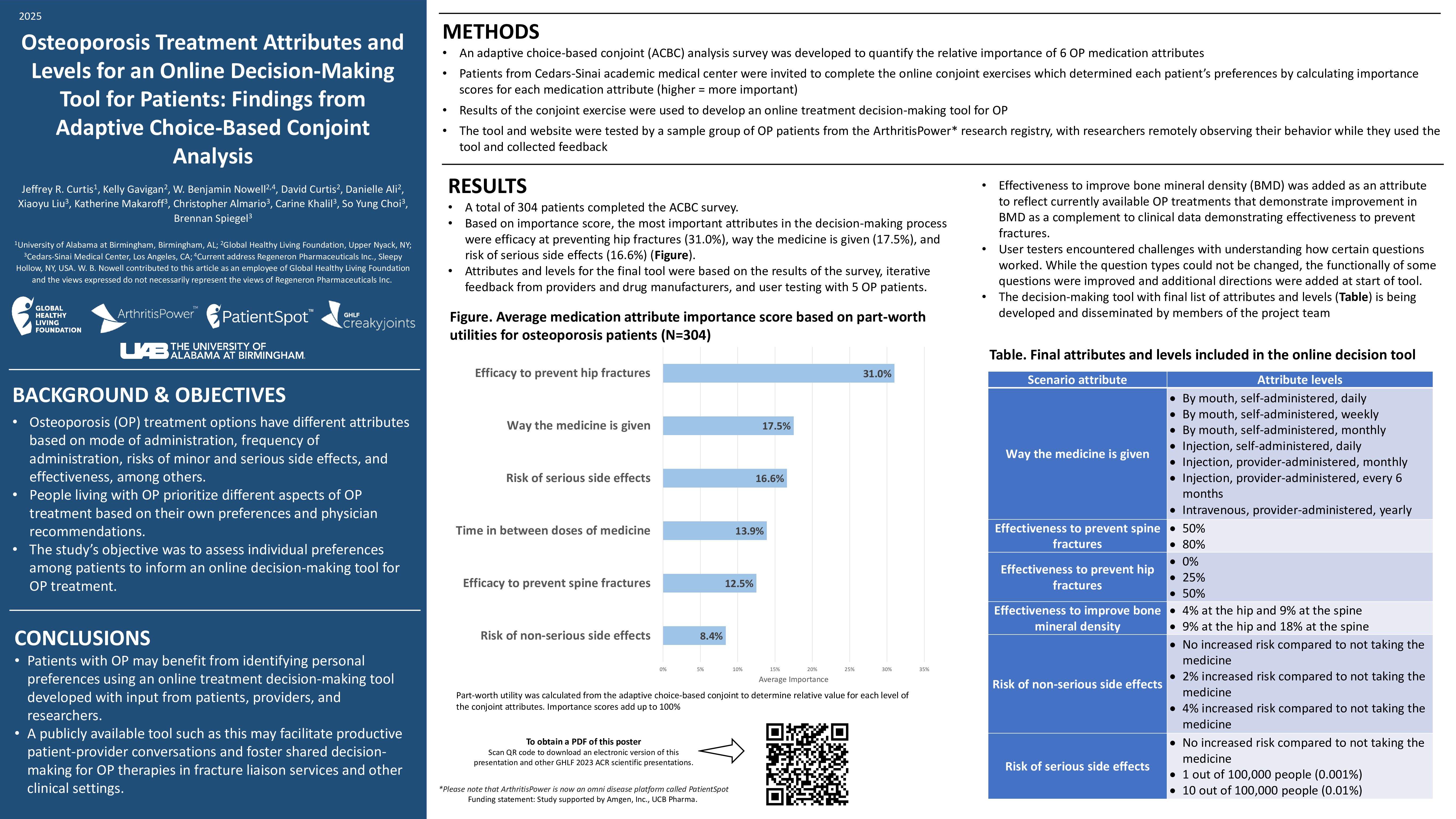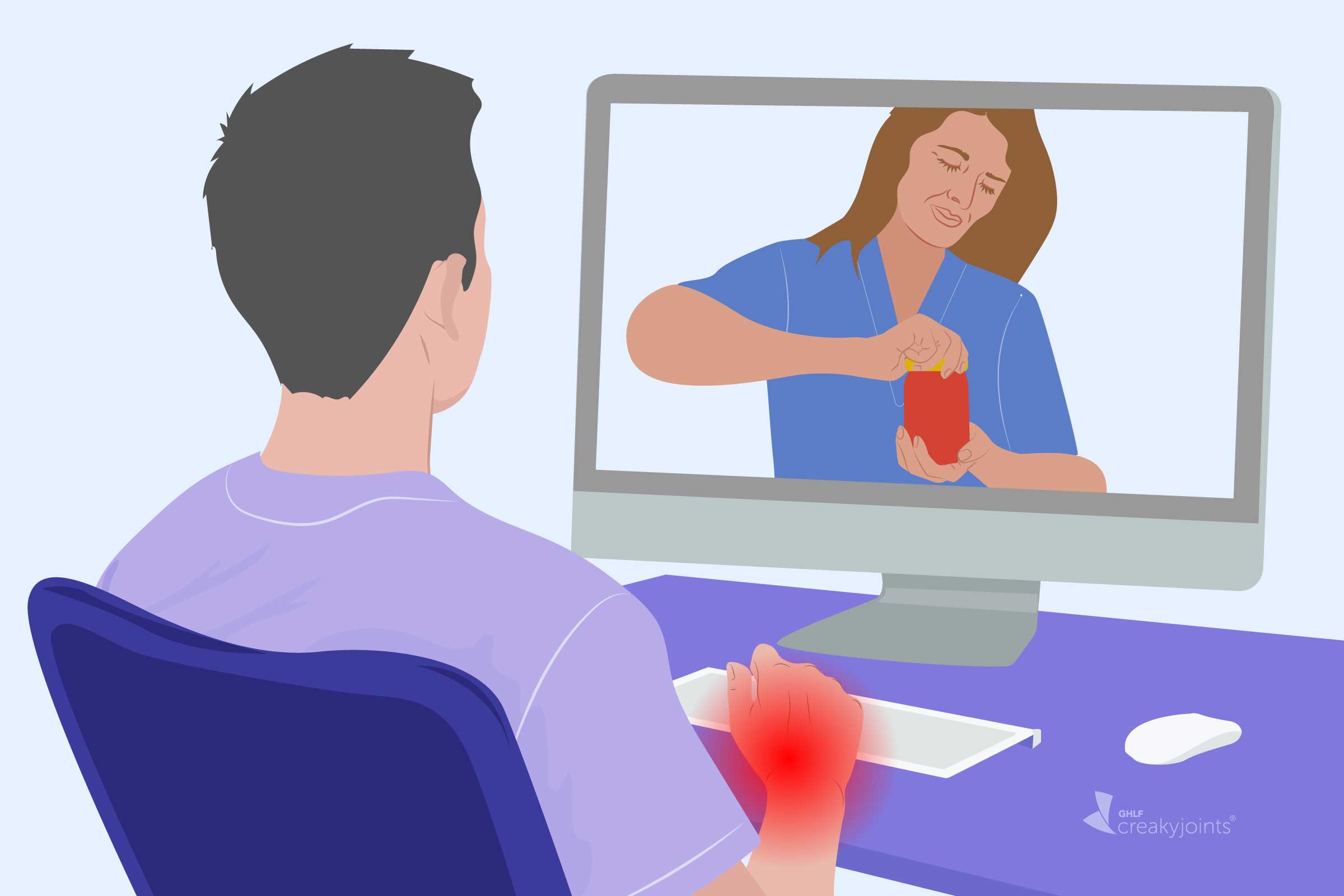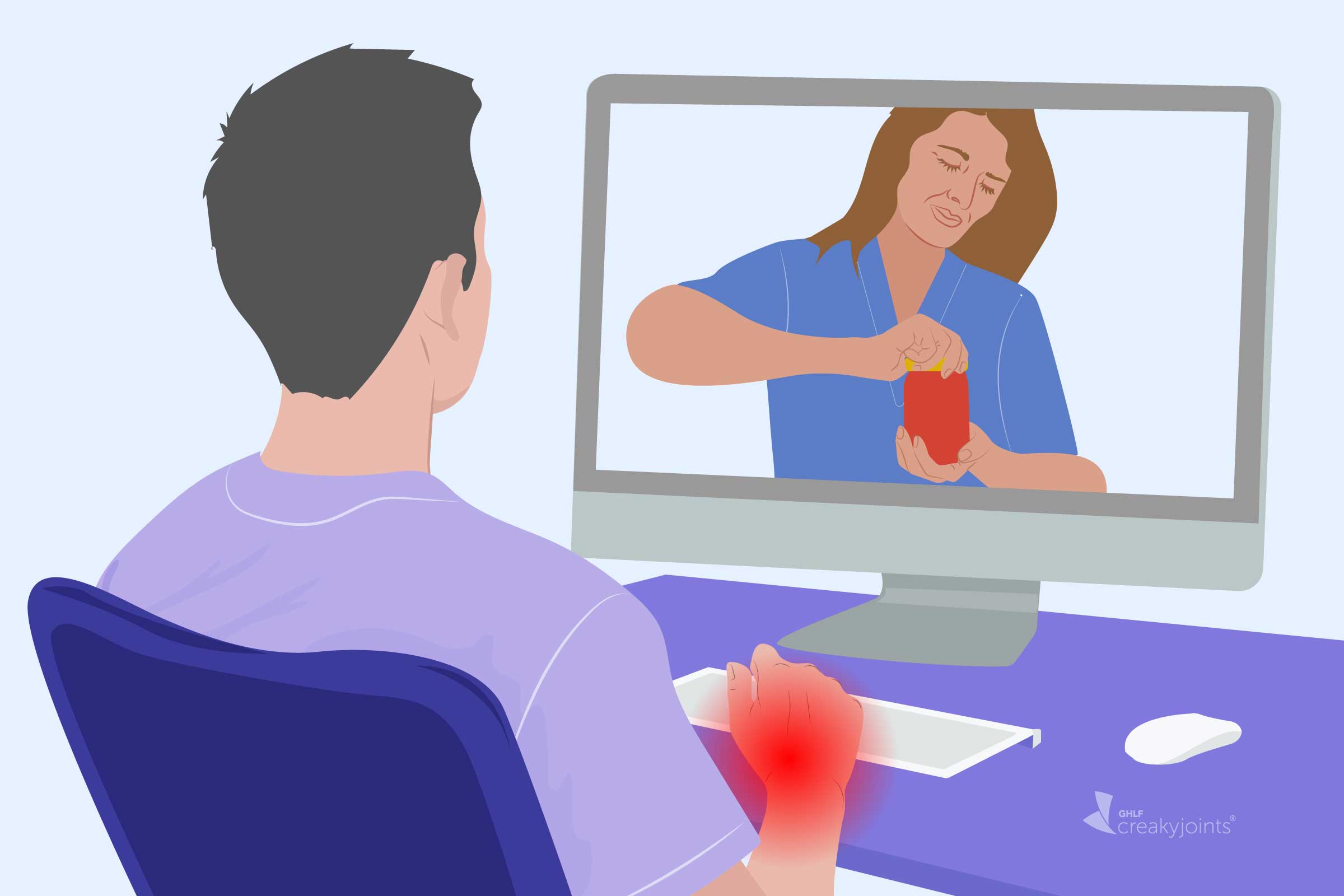If you are wondering whether seasonal allergies affect inflammatory arthritis, you are not alone. In fact, patients and experts agree that seasonal allergies can exacerbate symptoms of inflammatory arthritis and impact how you manage inflammation and joint pain.
“It is common for arthritis patients to have allergies, including seasonal allergies — and many of them notice that symptoms worsen during the allergy season,” says Juan Jose Maya, MD, a rheumatologist in Lake Worth, Florida.
Dr. Maya says there are several possible explanations to why arthritis symptoms are exacerbated during allergy episodes:
- When you sneeze, you increase the pressure in the body’s tissues, including joints, and this causes pain
- The restriction in air flow caused by congestion can cause fatigue, which would worsen the fatigue of inflammatory arthritis
- The inflammatory molecules (cytokines) released in the body during seasonal allergies can worsen inflammatory reactions
What’s the Link?
According to a study in Allergy & Asthma Proceedings that investigated the risk of rheumatoid arthritis (RA) in people with allergic conditions, including asthma and allergic rhinitis (seasonal allergies), there is a link between allergic conditions and RA, a type of inflammatory arthritis that attacks the linings of the joints.
This study found significant links between asthma, allergic rhinitis, and RA. People with more than one allergic condition had an increased risk for RA, especially women. The researchers suggested the co-existence of allergies and RA might be related to similar underlying processes that lead to chronic inflammatory responses.
“There are no conclusive studies on the link between seasonal allergies and inflammatory arthritis; however, both involve a dysregulation of the immune system and activation of inflammatory pathways,” explains Dr. Maya. “Most of the inflammatory molecules (cytokines) associated with each of these diseases are different but there is some degree of crossover and therefore it is likely that there is some association.”
Signs of Seasonal Allergies
Seasonal allergies are allergy symptoms that occur at certain times of the year — when trees, grasses, and weeds release pollen into the air. Additional allergens that cause or aggravate allergies are mold and dust.
Allergies develop when the body’s immune system overacts to something in the environment. You might experience seasonal allergies at any time during the spring, summer, or fall months — and some people experience allergy symptoms all year long.
Different types of plants cause allergies at different times of the year. Depending on allergen triggers and where you live, you might experience seasonal allergies during more than one season or at different severity levels season by season.
According to the American College of Allergy, Asthma & Immunology, symptoms of seasonal allergies include:
- Sneezing
- Runny nose
- Nasal congestion
- Watery and itchy eyes
- Itchy throat
- Wheezing
Seasonal allergies might also aggravate asthma symptoms, including wheezing and coughing.
An allergist can help you pinpoint the source of symptoms and manage severe allergic symptoms. You should also treat with an allergist if you experience allergy symptoms several months of the year.
How Seasonal Allergies Impact Chronic Illness
Seasonal allergies are uncomfortable and can cause or aggravate other health problems.
“When my seasonal allergies strike in the Spring, I feel it in my joints and in my gut,” says patient advocate Zoe Rothblatt, who lives with spondyloarthritis and Crohn’s disease. “Along with the sniffles and congestion headache, my joints get a fiery ache and I get a crampy ache in my gut.”
Body aches and joint pain
Joint pain and body aches are possible when allergies cause inflammation, and inflammation, even without inflammatory arthritis, can lead to body aches and joint pain. According to the Orthopedic Institute of Pennsylvania, people with allergies experience more inflammation because their bodies are flushing out allergens.
Fatigue
The Orthopedic Institute of Pennsylvania notes allergies cause fatigue, making sore joints worse. Allergies can also worsen fatigue caused by inflammatory arthritis.
Sleep troubles
One 2021 Nature and Science of Sleep study aimed to understand sleep patterns in people with RA and allergies and any links to immune system activation, inflammatory markers, and disease-specific or general symptoms. Results confirmed prior studies that both allergies and RA affected sleep.
Skin manifestations
Skin symptoms linked to psoriatic arthritis and RA can worsen during the months when allergies are active, according to a 2016 Advances in Dermatology and Allergology study. In psoriatic conditions, especially, there is an increased hypersensitivity that intensifies symptoms.
Treatment
Different over-the-counter medicines treat seasonal allergies, including antihistamines, decongestants, and nasal sprays. However, with inflammatory arthritis, you should check with your doctor to determine if it is safe to take allergy medicines with inflammatory arthritis treatments. Combining these medicines might increase the risk for severe drug reactions and cause sedative effects.
If you experience frequent and severe seasonal allergies, ask your doctor about prescription treatments to manage these. If your doctor prescribes more potent drugs for your allergies, take care not to confuse allergy medicines with arthritis treatments. You should also continue to follow your treatment plan and not make changes without your doctor’s advice and approval.
“Since seasonal allergies can worsen inflammatory arthritis symptoms, decreasing the burden of seasonal allergies by minimizing exposure and using medications can lessen joint pain,” says Dr. Maya. “On the other hand, it is not clear if managing chronic arthritis will improve the symptoms of seasonal allergies, but some of the medications used for inflammatory arthritis are currently being studied for allergic diseases.”
Coping
Allergy symptoms can cause sneezing, a runny nose, watery and itchy eyes, and stuffiness. Managing and coping with allergy symptoms for people with inflammatory arthritis are the same as those without arthritis.
“I take an allergy medication, go on walks to move my joints, use lidocaine patches on the extra sore areas, and keep a heating pad close by for my abdomen,” says Rothblatt.
You can also take steps to reduce your exposure to airborne allergens, including:
- Keep windows closed to prevent pollen and other allergens from entering your home.
- Keep car windows closed when driving at times when pollen levels are high.
- Use a humidifier to keep dust mites out of the air. According to the American Academy of Allergy, Asthma & Immunology, you should keep humidity levels between 40 to 50 percent in your home.
- Stay indoors when pollen levels are high. Check local allergy forecasts to monitor pollen counts in your area.
- Avoid yard work when pollen levels are high or wear a mask covering your mouth and nose when working outside.
- Avoid hanging clothes on a clothesline when pollen levels are high.
Difference Between COVID and Seasonal Allergies
If you experience cough, fatigue, headache, congestion, or a runny nose, you might wonder whether the source is allergies or COVID-19. According to Summa Health, a significant difference between the two conditions is that COVID-19 causes a system-wide inflammatory response while allergies are localized.
In general, COVID symptoms include body aches, chills, fever, headache, and respiratory symptoms. Allergy symptoms affect the nose, throat, and eyes without fever.
Reach out to your doctor to determine the source of your symptoms. Wearing a mask to protect yourself from being exposed to COVID-19 can also reduce exposure to pollen, mold, and other allergens.
American College of Allergy, Asthma & Immunology. Humidifiers and indoor allergies. https://www.aaaai.org/tools-for-the-public/conditions-library/allergies/humidifiers-and-indoor-allergies.
American College of Allergy, Asthma & Immunology. Pollen allergies. https://acaai.org/allergies/allergic-conditions/pollen-allergies/.
Lai NS, et al. Association of rheumatoid arthritis with allergic diseases: A nationwide population-based cohort study. Allergy & Asthma Proceedings. September 2015. doi: https://doi.org/10.2500/aap.2015.36.3871.
Orthopedic Institute of Pennsylvania. Do seasonal allergies wreak havoc on your body? https://www.oip.com/all-about-seasonal-allergies-joint-pain/.
Tamm S, et al. Objective and subjective sleep in rheumatoid arthritis and severe seasonal allergy: Preliminary assessments of the role of sickness, central and peripheral inflammation. Nature and Science of Sleep. June 2021. doi: https://doi.org/10.2147/NSS.S297702.
Weryńska-Kalemba M, et al. Analysis of selected allergic reactions among psoriatic patients. Advances in Dermatology and Allergology. February 2016. doi: https://doi.org/10.5114/pdia.2014.44015.

